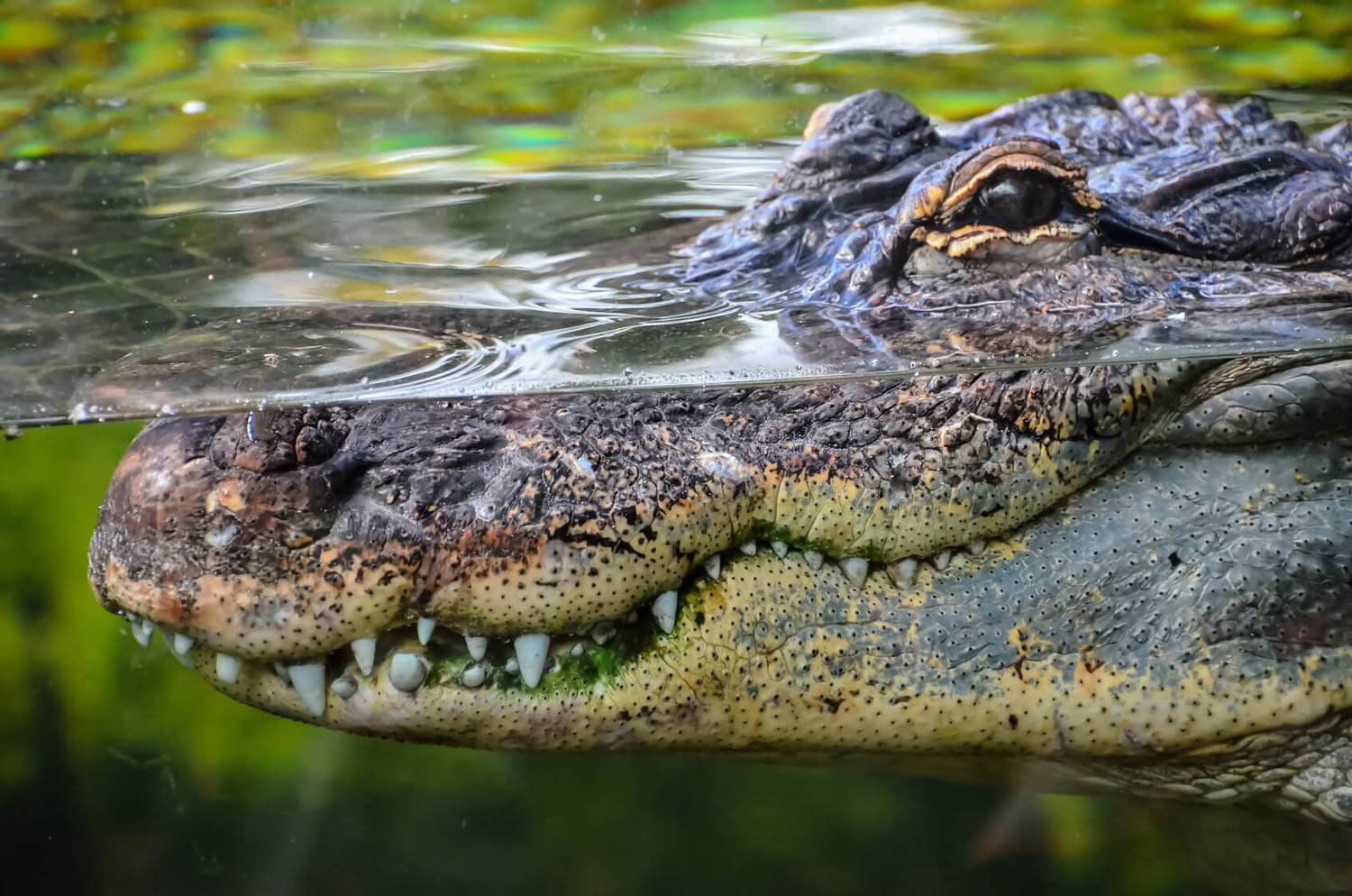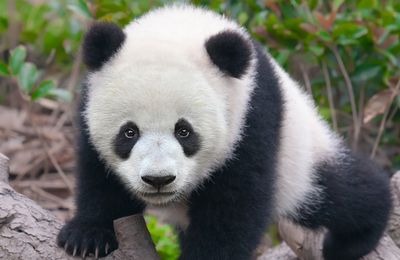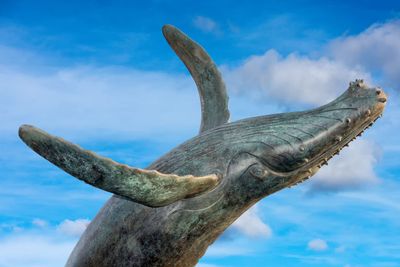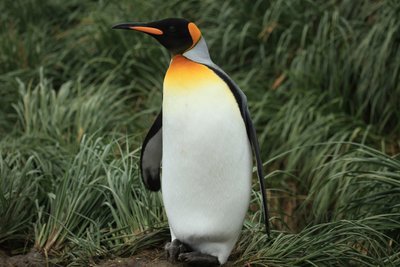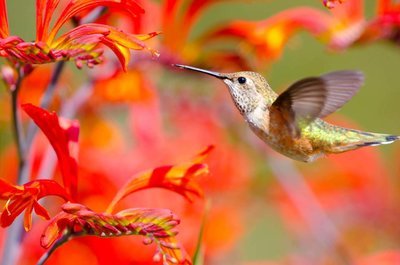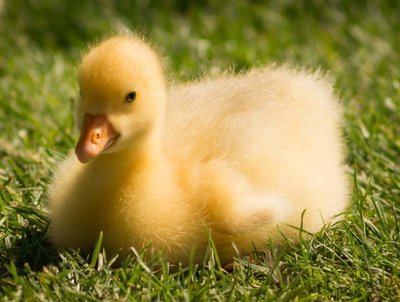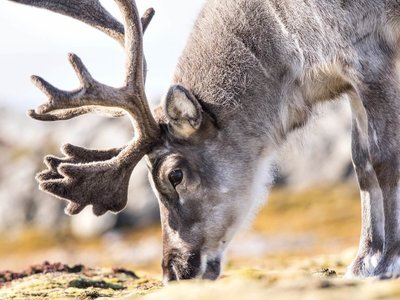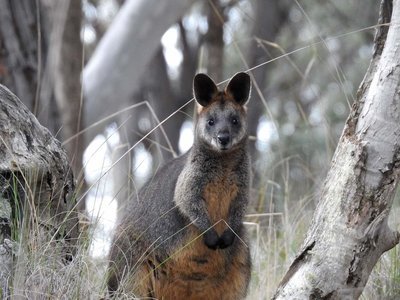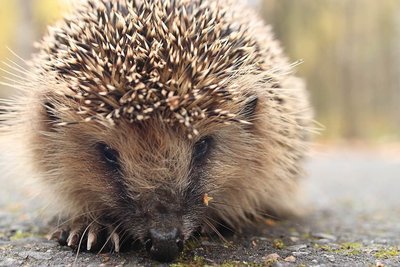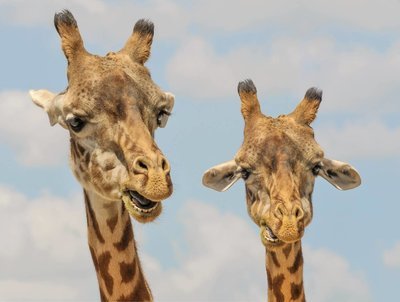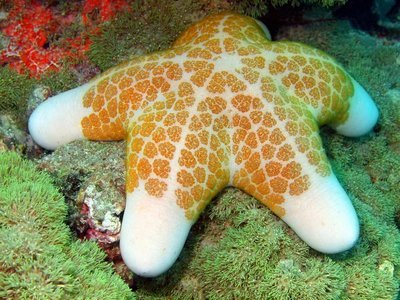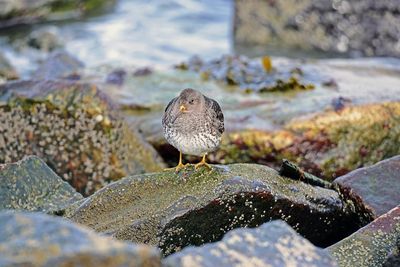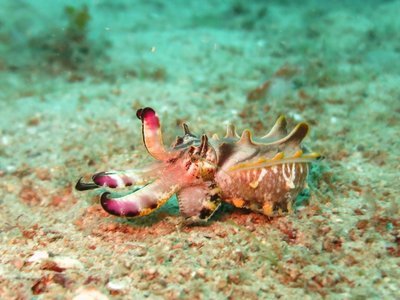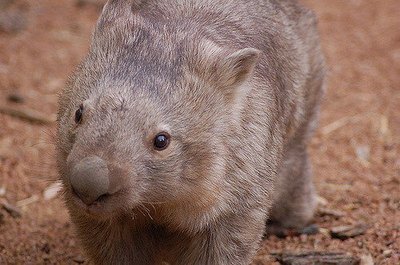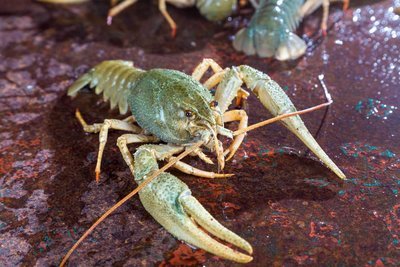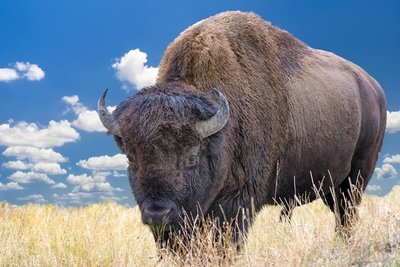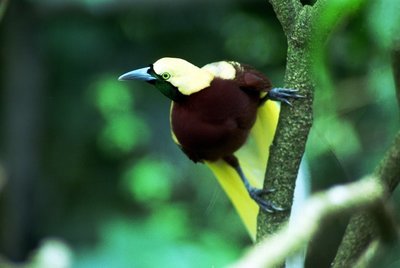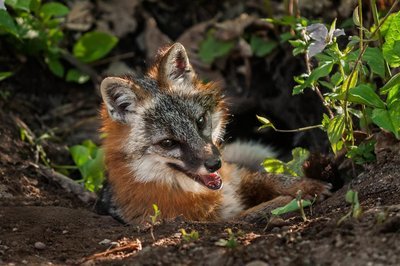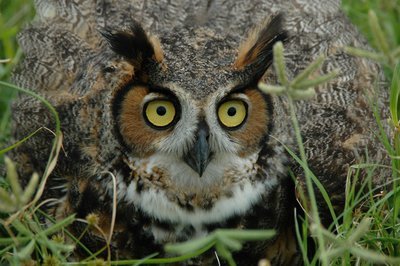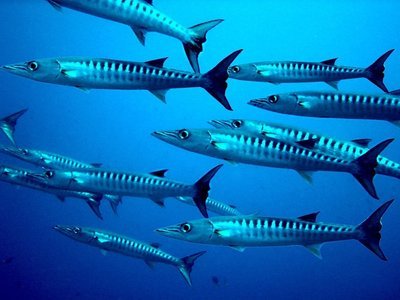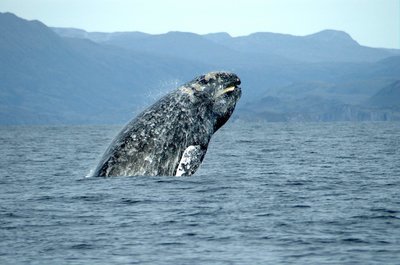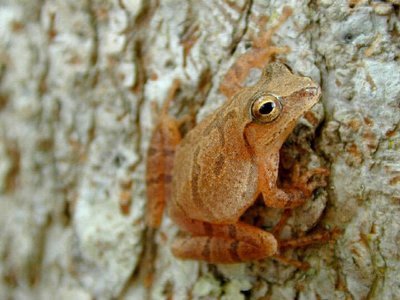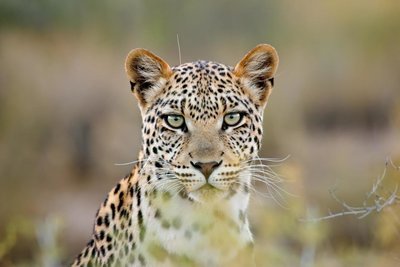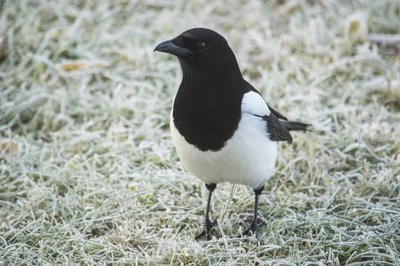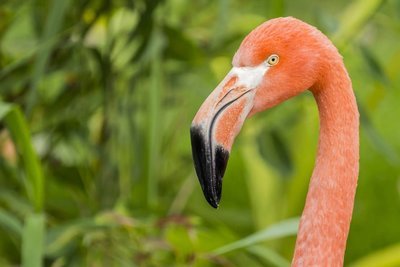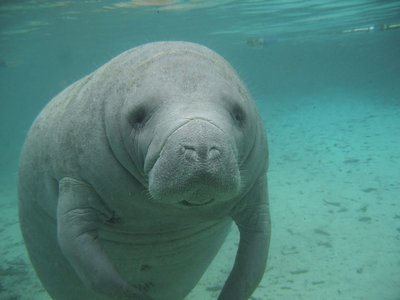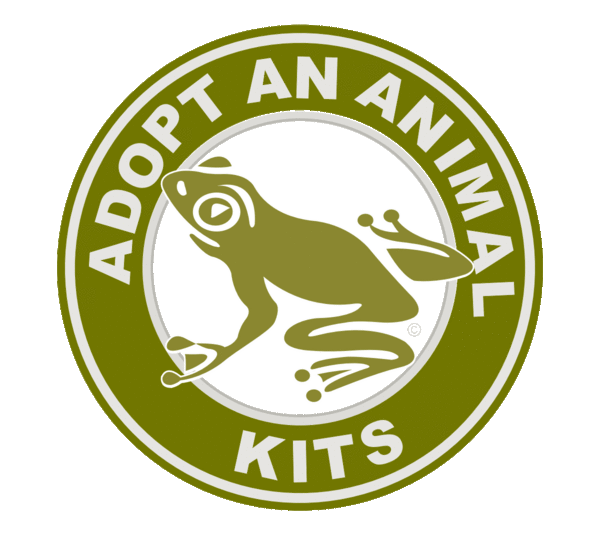

Adopt An Animal Kits
Adopt An Animal symbolically. Your Adopt An Animal Kit comes in a Deluxe Folder and includes: Glossy Photo of Your Adopted Animal; Adopt An Animal Adoption Certificate; Fact Sheet About Your Adopted Animal; Help Animals Info Cards Packed With Information On Animal Issues & How You Can Help Animals And The Environment. Adopt An Animal for Yourself or as a Gift.
Adopt A Crocodile
Adopt A Crocodile
Your Adopt A Crocodile Kit comes in a Deluxe Folder and includes:
- Glossy Photo Of Your Adopted Crocodile
- Adopt A Crocodile Adoption Certificate
- Fact Sheet About Your Adopted Crocodile
- Help Animals Info Cards Packed With Information On Animal Issues & How You Can Help Animals And The Environment
Adopt A Crocodile Kits make great gifts and can be sent directly to the recipient. Simply supply the recipient's name and mailing address as shipping information. We'll even include a letter stating the Adopt An Animal Kit is from you.
Adopt An Animal symbolic adoption is a one time fee. Adopt an animal for yourself or order an Adopt An Animal Kit as a gift. Help make a difference for animals - Adopt An Animal Today!
Adopt A Crocodile
Crocodiles are large, carnivorous reptiles of the order Crocodilia, found in tropical and subtropical regions. Crocodiles live in swamps or on river banks and catch their prey in the water. They have flattened bodies and tails, short legs, and powerful jaws. The eyes, ears, and nostrils are located near the top of the head and are exposed when the crocodile floats on the surface of the water. The ears and nostrils have valves that close when the animal is submerged.
Most crocodiles are more aggressive than the related alligators. The two forms are distinguished by the long lower fourth tooth: in crocodiles, but not in alligators, this tooth protrudes on the side of the head when the mouth is closed. Also, the snouts of most crocodiles are narrower than those of alligators.
The larger species of crocodiles can be very dangerous to humans. The saltwater and Nile crocodiles are the most dangerous, killing hundreds of people each year in parts of South East Asia and Africa. American alligators, and possibly the endangered black caiman, can also be dangerous to humans.
Crocodiles tend to congregate in slow moving rivers and lakes, and feed on a wide variety of living and dead mammals and fish. Some species, notably the saltwater crocodile of Australia and the Pacific islands, have been known to venture far out to sea. They are an ancient lineage, and are believed to have changed little since the time of the dinosaurs.
Small crocodiles feed on fish and small aquatic animals; larger crocodiles also catch land mammals and birds that approach the water. Members of some large species sometimes attack and eat humans.
Crocodiles are very fast over short distances, even out of water. They have extremely powerful jaws and sharp teeth for tearing flesh. All large crocodiles also have sharp welters and powerful claws. They have limited lateral movement in their neck, so on land one can find protection by getting even a small tree between the crocodile's jaws and oneself.
Crocodiles are ambush hunters, waiting for fish or land animals to come close, then rushing out to attack. As cold blooded predators, they can survive long periods without food, and rarely need to actively go hunting.
The crocodile's bite strength is up to 3000 pounds per square inch, comparing to just 100 psi for a large dog. Despite their slow appearance, crocodiles are the top predators in their environment, and various species have been observed attacking and killing lions, large ungulates and even sharks. A famous exception is the Egyptian plover which is said to enjoy a symbiotic relationship with the crocodile. The plover feeds on parasites that infest the crocodile's mouth and the reptile will open its jaws and allow the bird to enter to clean out the mouth.
Crocodiles are more closely related to birds and dinosaurs than to most animals classified as reptiles (though all of these are thought to probably be more closely related to each other than to Testudines - turtles and tortoises - and have correspondingly unusual features for reptiles, such as a four chambered heart).
The female crocodile deposits her eggs, usually about 20 in number, in a nest of rotting vegetation or in a shallow pit on the river bank, and digs them up when she hears them hatching.
In most species the average adult length is between 6 and 10 feet. The largest crocodile (the saltwater crocodile) is often 14 feet long and may exceed 20 feet in length. The Nile, American, and Orinoco crocodiles are commonly 12 feet long, and specimens up to 23 feet long have been reported for the last two species. The extinct Sarcosuchus imperator, which lived during the Cretaceous period, may have approached 40 feet in length. The smallest crocodile (the Congo dwarf crocodile) averages 31/2 feet long.
With the exception of the two African dwarf crocodiles (Osteolaemus) and the so-called false gavial (Tomistoma) of Asia, crocodiles are classified in the genus Crocodylus, with about a dozen species. The Nile crocodile (C. niloticus) is found in fresh and saltwater throughout South and Central Africa. In early historic times it ranged north to the Nile delta and the Mediterranean coast. It sometimes attacks humans, as does the saltwater crocodile (C. porosus), found on islands and in straits from South East Asia to Australia and Melanesia.
The marsh crocodile, or mugger (C. palustris), is a freshwater species of India and Sir Lanka, regarded as sacred in some regions. The American crocodile (C. acutus) is found in fresh and saltwater in South Florida, the West Indies, Central America, and North West South America. It does not attack humans without provocation.
The Orinoco crocodile (C. intermedius) is a freshwater species of the Orinoco basin of Colombia and Venezuela. Two smaller species are found in limited areas of Central America and Cuba.
THREATS TO CROCODILES
Many species of crocodiles are at the risk of extinction, some being classified as critically endangered. The most critical threat facing crocodiles is the loss and fragmentation of natural habitats. Humans have exploited crocodiles to the point of population crashes. Hunting remains a serious threat to crocodiles, as well as pollution.
Collection for the exotic pet trade has also reduced population densities of crocodiles. Every year, a variety of sources provides millions of animals to the exotic pet trade. Animals are captured from their native habitat and transported to various countries to be sold as “pets”. Others are surplus animals from zoos or their offspring. Backyard breeders also supply exotic animals. The sellers of these animals often disregard state or local laws regulating private possession of exotics, and the dangers, difficulties, physical and physiological needs of the animals they peddle. The suffering of the animals in the hands of unqualified and hapless buyers appears to be of no concern in the lucrative exotic pet trade. Reptiles pose safety risks to humans. Many incidents have been reported of escapes, strangulations, and bites from pet reptiles across the country.
Wild crocodiles are protected in many parts of the world, but they also are inhumanely farmed commercially. Their hide is tanned and used to make leather goods such as shoes and handbags, while crocodile meat is also considered a delicacy in many parts of the world. The most commonly farmed species are the saltwater and Nile crocodiles, while a hybrid of the saltwater and the rare Siamese crocodile is also bred in Asian farms.
Adopt Adopt An Animal Kits
Our Adopt An Animal Kits are educational packets that allow you to symbolically adopt a favorite animal species and contain a variety of information promoting the protection of wildlife, companion animals, farm animals and the environment. By purchasing a symbolic adoption kit you will receive a packet of information regarding daily choices you can make to help the earth and animals.
Your Adopt An Animal Kit comes in a Deluxe Folder and includes:
Glossy Photo Of Your Adopted AnimalAdopt An Animal Adoption CertificateFact Sheet About Your Adopted AnimalHelp Animals Info Cards Packed With Information On Animal Issues & How You Can Help Animals And The Environment.
Adopt an animal for yourself or order an Adopt An Animal Kit as a gift. Symbolically adopting an animal is the perfect gift for a loved one who loves animals, and helps to promote the compassionate treatment of animals and respect for the environment by offering information on how to help the earth and animals. Adopt An Animal Kits can be sent directly to the recipient: simply supply the recipient's name and mailing address as shipping information. We'll even include a letter stating the Adopt An Animal Kit is from you.
Adopt An Animal Kits is a small, independent business not affiliated with any other business, non profit or charitable organization.
Fast Shipping!
Shipping time for Adopt An Animal Kits averages 2 to 4 business days - USA. Allow additional time for Adopt An Animal Kits orders outside the USA. Your Adopt An Animal Packet will arrive approximately 2 to 4 business days following shipping date. Shipping for Adopt An Animal Kits within the USA is by U.S.P.S. Priority Mail.
INTERNATIONAL ORDERS: Average shipping time for Adopt An Animal Kits outside of the USA is 5 to 14 business days, including Canada. International Shipping & Handling for Adopt An Animal Kits is by U.S.P.S. First Class Mail.
About Us
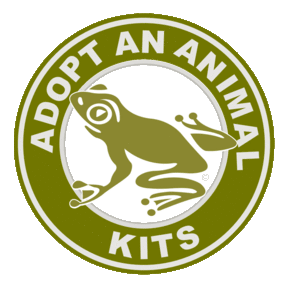
Adopt An Animal Kits, LLC
The world is teaming with an amazing diversity of animals. Some species are beautiful, others bizarre — but they all are important to the ecosystem and deserve our respect, compassion and protection. Unfortunately, many animal species are declining at a rapid rate as a result of irresponsible human activities. Habitat destruction, pollution, hunting, poor agricultural practices and changes in climate are among the threats faced by wildlife and domestic animals.
Adopt An Animal Kits, LLC is a small business who believes in promoting the advancement of compassionate living by educating the public about animal and environmental issues and what individuals can do to prevent cruelty to animals. Through our work, we strive to eliminate the prejudice of animals (speciesism) through educational efforts. Our business produces printed and printable educational materials available to individuals with an interest in earth and animal topics. Our Adopt An Animal Kits seek to educate and influence individuals on environmental and animal issues. The purchase of an Adopt An Animal Kit allows you to symbolically adopt your, or your loved one's, favorite animal species while promoting the protection of wildlife, companion animals, farm animals and the environment. Rather than adopting an indivdual animal, you are symbolicly adopting the species. Each kit contains a collection of information on how you or your loved one can make daily choices to help animals and the environment.
Our website provides an information portal regarding these issues. Information posted on the site is free of charge and available to anyone with an interest. Our printed and printable materials are available to individuals with an interest in earth and animal issues. We produce hundreds of fact sheets, flyers, and digital materials regarding environmental and animal issues. Most materials are available at no cost to anyone with an interest.
Adopt An Animal Kits, LLC is not a charitable or nonprofit organization.
